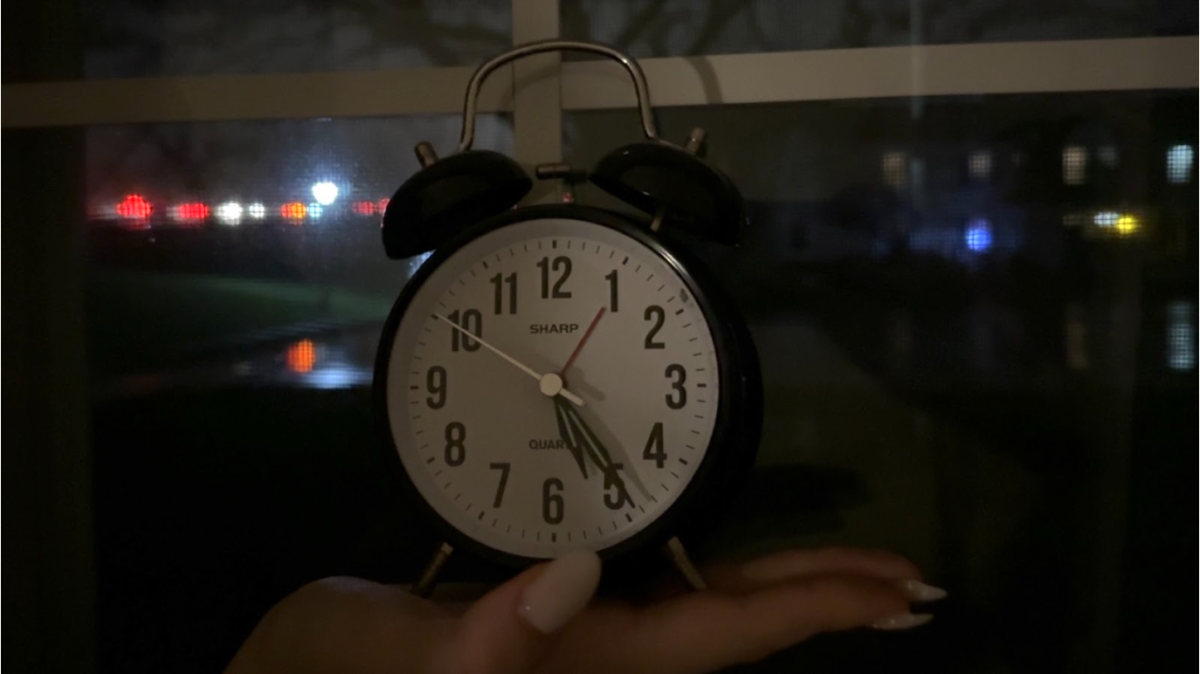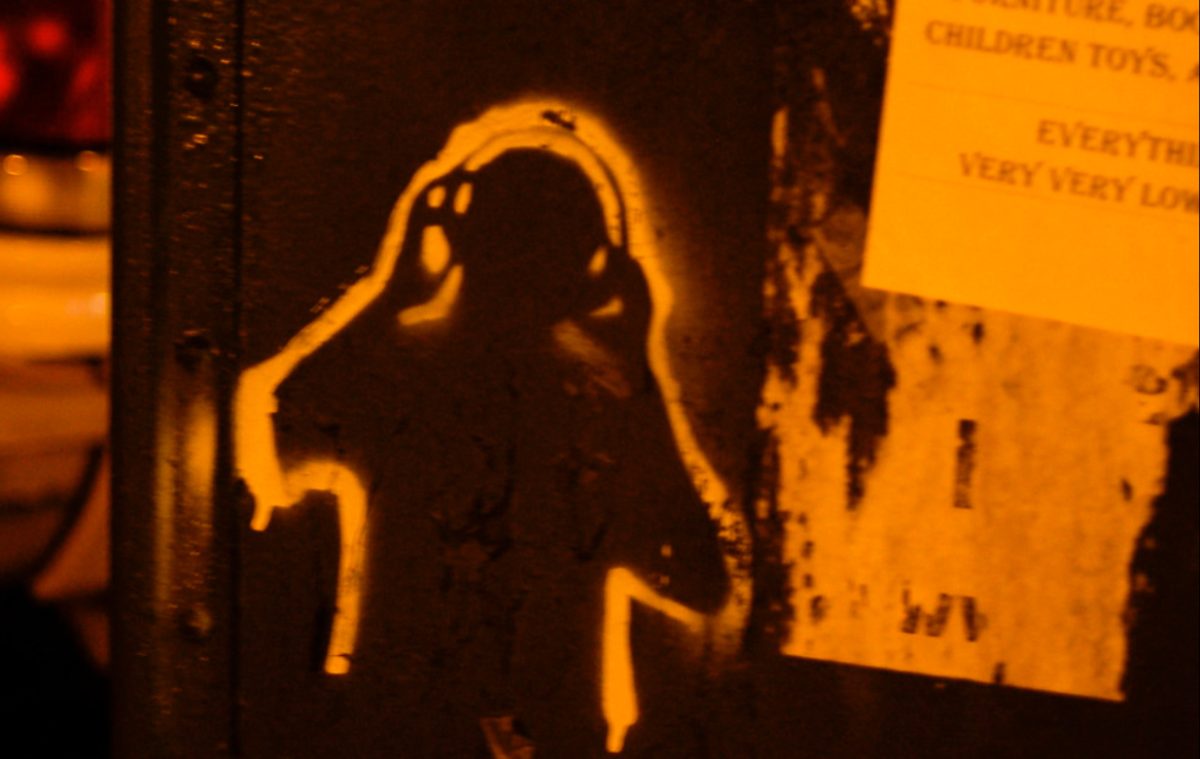On the first Sunday in November, Daylight Savings Time ends and the hour gets pushed back starting at 2 a.m. Although everybody gains an hour of sleep, the sun starts to set noticeably earlier, limiting many activities out of the house.
As a result, winter depression becomes common for many individuals with varying symptoms, including lack of energy, losing interest in activities that were once enjoyed, or appetite changes. The yearly occurrence called Seasonal Affective Disorder (SAD) affects only 5% of adults in the U.S., but is common in areas that are farther north where it’s colder.
Although SAD is commonly seen in adults, about 2-6% of teenagers experience this type of depression. As students come back from winter break, there is less to look forward to since the holiday season is over. Schoolwork gets piled onto students relentlessly and the pressure to keep up with deadlines gets worse. Burnout and exhaustion then becomes common as the school year progresses.
Mental health is a broad topic and awareness has increased but seasonal disorders such as SAD can often be overlooked. There isn’t as much focus surrounding the topic because it only happens for a specific period and amount of time. Despite that, it is still a valid mentality that has a negative effect on people and how they experience life.
“In the past, it was more like I was isolating myself to be honest,” said Sophia Vo, a sophomore at MTHS. “Even though I was close with my friends, I didn’t feel like doing anything.”
The cause for SAD isn’t exactly known, but a popular theory involves the lack of sunlight, created by shorter days, affecting the hypothalamus in the brain. The body’s internal clock uses sunlight to identify important time functions like waking up and going to sleep. Lower sunlight levels can disrupt the body’s clock and lead to symptoms of depression.
“There were definitely times that I lacked the internal and external motivation and other self care,” said Madi Frey, a 23-year-old hair stylist who experiences seasonal depression yearly.
However, there are several treatments that can be done in order to prevent and reduce the feeling as managing stress levels becomes increasingly more important. Exercising regularly, allowing yourself to relax and getting as much sunlight as possible during this time are adequate solutions in order to prevent and lessen SAD.















